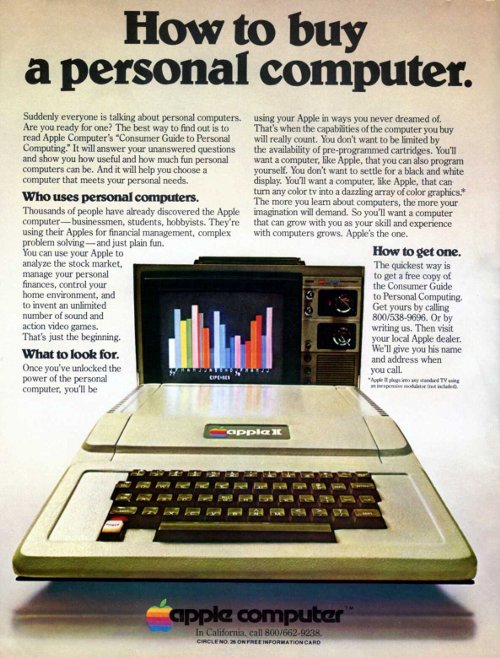The Nerdvark had so much fun harassing Nardvark and sharing his tips on using effective linking words, that he is back with a second round.
Emphasising:
Use these words and phrases to draw attention to a particular feature or idea.
Nardvark spends his day doing a lot of odd things. He has daily half-hour practice sessions to perfect his skills at eating soda crackers and then whistling. He sings in elevators to see if anyone will look at him. Above all, Nardvark's most bizarre habit is to lie on his back and attempt to balance marbles on the tip of his nose. This habit is particularly strange, because Nardvark has an extremely floppy nose, which makes marble-balancing exceptionally difficult for him. It is especially strange to note that Nardvark spends several hours at it every day. One would think he would dedicate his time to a more valuable pursuit, but no. This is made significantly more disturbing when one considers the fact that Nardvark does not have a job and must rely on the pity of others to survive.
Illustrating:
These words are used to add proof or evidence. There is always the old stand-by:
Nardvark is not a pretty creature. Take his nose, for example; it is ridiculously long and floppy.
or, try some variations:
Nardvark has a lot of strange physical features, such as his pointy ears, long nose, and silly grin.
Nardvark has a lot of bizarre habits. For instance, he eats pizza with a spoon.
Nardvark has extremely ghetto tastes, as revealed by his penchant for ketchup.
Nardvark enjoys condiments more than he does his actual meals. In the case of ketchup, he puts it on everything from scrambled eggs to ice cream.
Sequencing:
Give your writing more flow and make it easier to follow by sequencing your ideas, like this:
This is how Nardvark spends his day. After sleeping until the crack of noon, he gets up and then proceeds to examine his nose in the mirror for up to half an hour. Next, he prepares his first meal of the day, which I hesitate to call "breakfast" because it is taken after the time that most people eat lunch, and it rarely consists of any type of normal breakfast food, like cereal. Meanwhile, he is usually running the bath in his Jacuzzi tub so he can play with his boats after his meal. Finally, Nardvark gets down to what he considers his important work of practising his nose-marble-balancing act. If he stays awake, after balancing marbles on his nose for a few hours, he may decide to go sing in one of his favourite elevators or eat some soda crackers and then whistle.
There are three things that drive Nardvark crazy. First, I hide his ketchup and/or spoons so he can't eat until he finds them. Second, and this really bothers him, I tell him that he will never balance that marble. Third, when I blog about his strange looks and bizarre lifestyle for the lols it really irritates him.
Emphasising:
Use these words and phrases to draw attention to a particular feature or idea.
Nardvark spends his day doing a lot of odd things. He has daily half-hour practice sessions to perfect his skills at eating soda crackers and then whistling. He sings in elevators to see if anyone will look at him. Above all, Nardvark's most bizarre habit is to lie on his back and attempt to balance marbles on the tip of his nose. This habit is particularly strange, because Nardvark has an extremely floppy nose, which makes marble-balancing exceptionally difficult for him. It is especially strange to note that Nardvark spends several hours at it every day. One would think he would dedicate his time to a more valuable pursuit, but no. This is made significantly more disturbing when one considers the fact that Nardvark does not have a job and must rely on the pity of others to survive.
Illustrating:
These words are used to add proof or evidence. There is always the old stand-by:
Nardvark is not a pretty creature. Take his nose, for example; it is ridiculously long and floppy.
or, try some variations:
Nardvark has a lot of strange physical features, such as his pointy ears, long nose, and silly grin.
Nardvark has a lot of bizarre habits. For instance, he eats pizza with a spoon.
Nardvark has extremely ghetto tastes, as revealed by his penchant for ketchup.
Nardvark enjoys condiments more than he does his actual meals. In the case of ketchup, he puts it on everything from scrambled eggs to ice cream.
Sequencing:
Give your writing more flow and make it easier to follow by sequencing your ideas, like this:
This is how Nardvark spends his day. After sleeping until the crack of noon, he gets up and then proceeds to examine his nose in the mirror for up to half an hour. Next, he prepares his first meal of the day, which I hesitate to call "breakfast" because it is taken after the time that most people eat lunch, and it rarely consists of any type of normal breakfast food, like cereal. Meanwhile, he is usually running the bath in his Jacuzzi tub so he can play with his boats after his meal. Finally, Nardvark gets down to what he considers his important work of practising his nose-marble-balancing act. If he stays awake, after balancing marbles on his nose for a few hours, he may decide to go sing in one of his favourite elevators or eat some soda crackers and then whistle.
There are three things that drive Nardvark crazy. First, I hide his ketchup and/or spoons so he can't eat until he finds them. Second, and this really bothers him, I tell him that he will never balance that marble. Third, when I blog about his strange looks and bizarre lifestyle for the lols it really irritates him.



